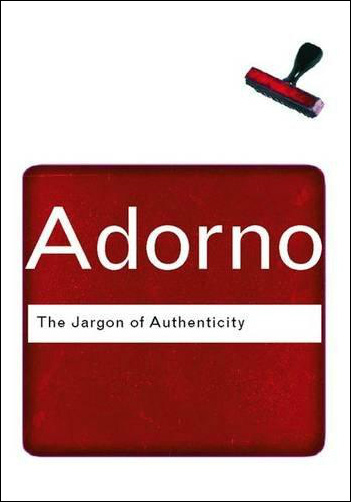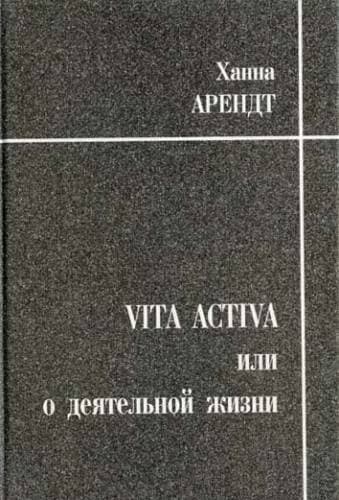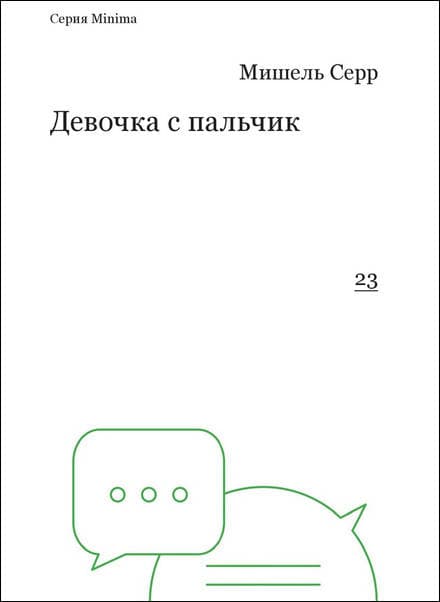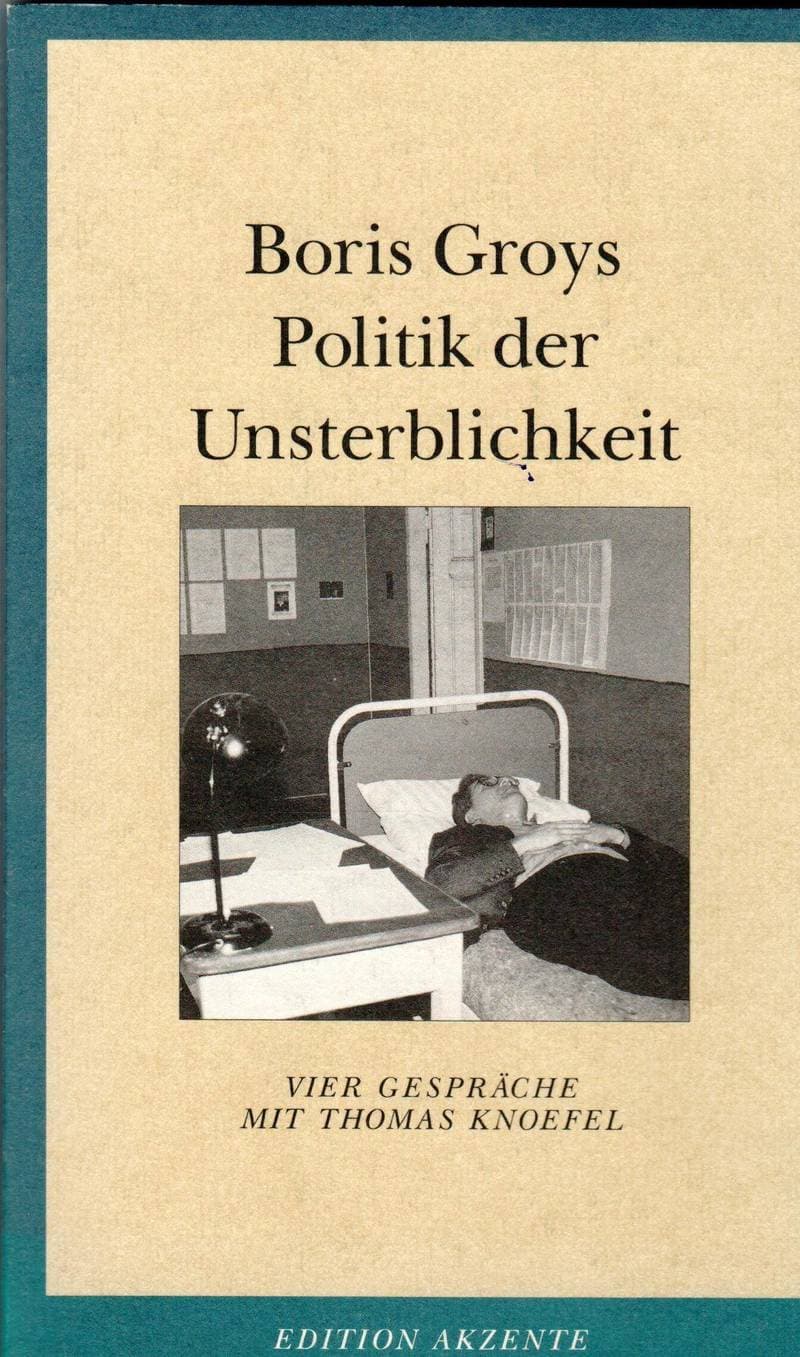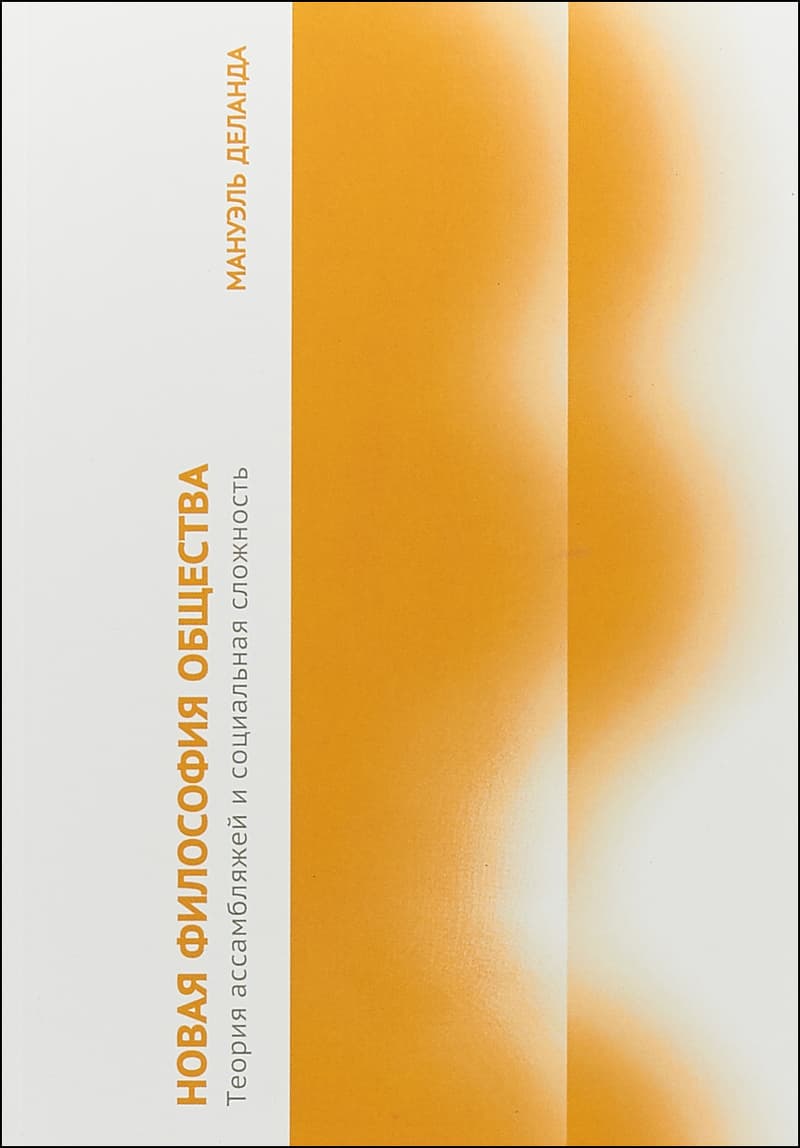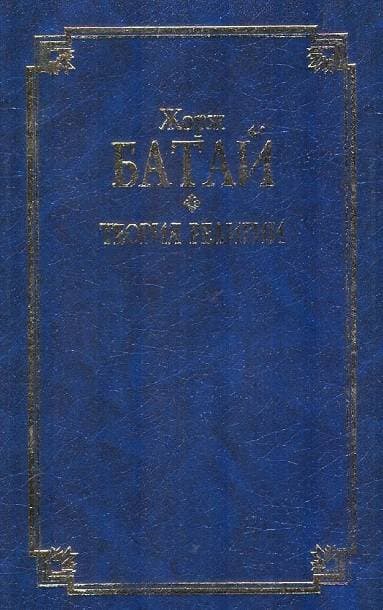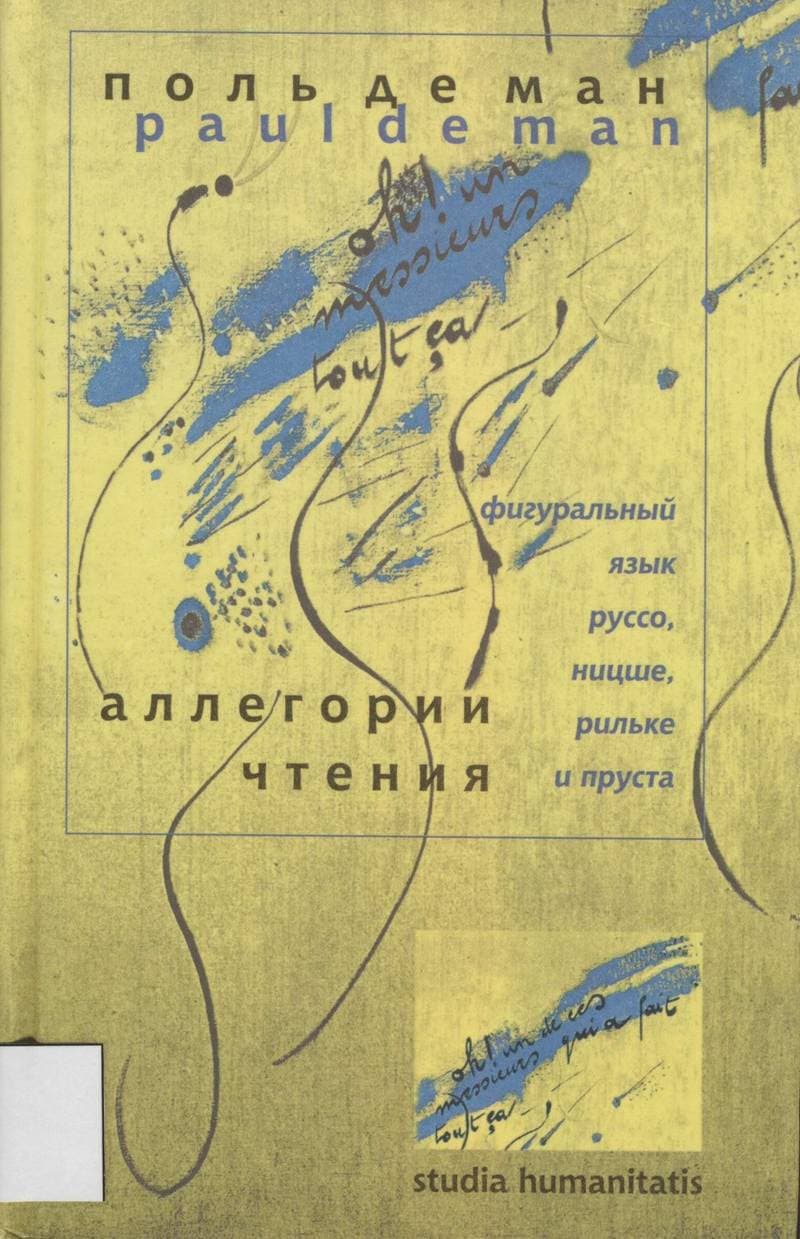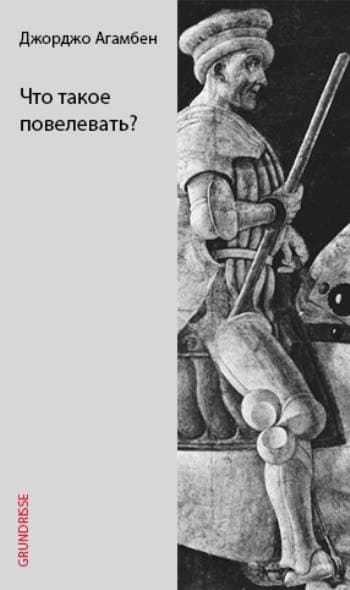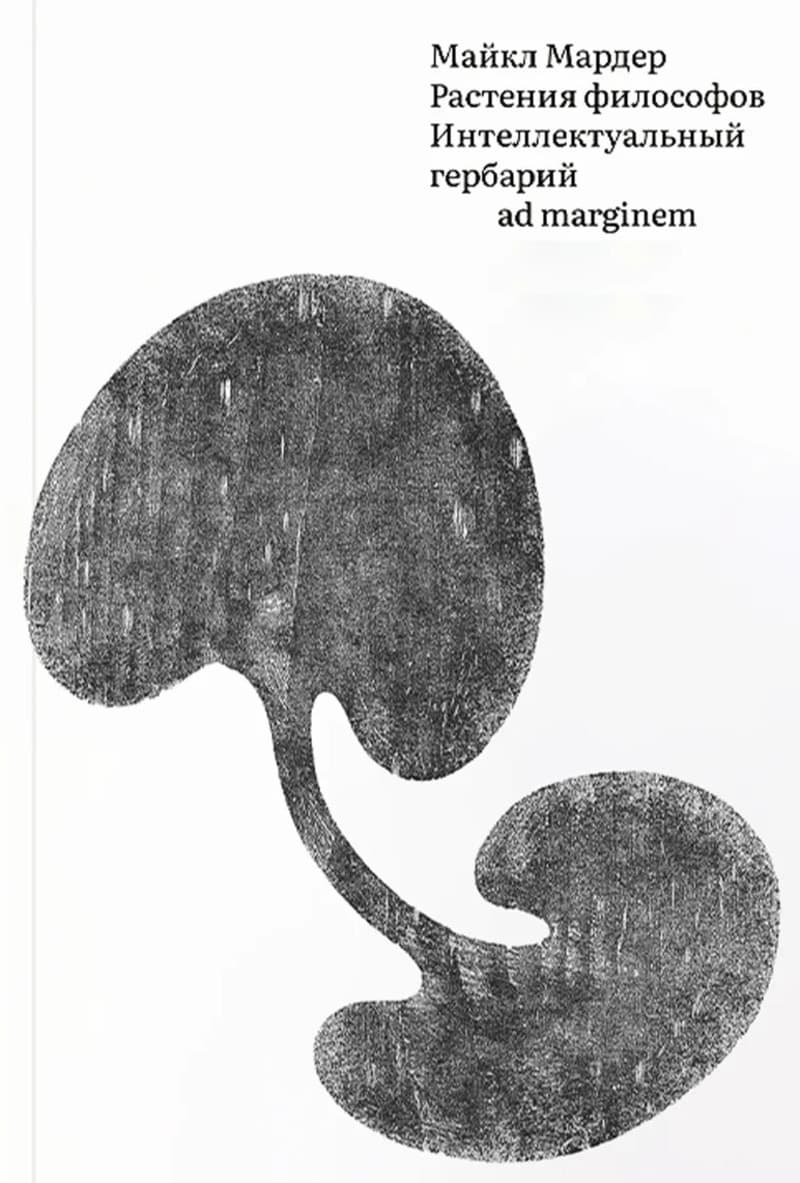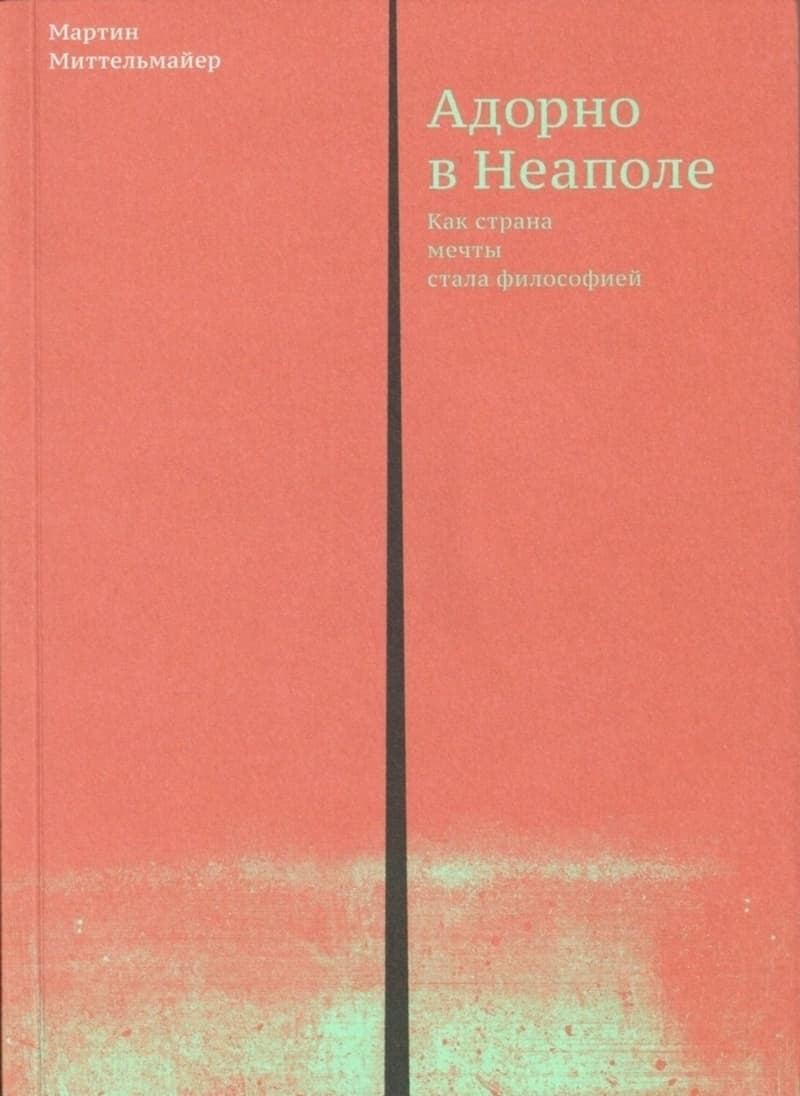The Jargon of Authenticity
Theodor Adorno was no stranger to controversy. In The Jargon of Authenticity he gives full expression to his hostility to the language employed by certain existentialist thinkers such as Martin Heidegger. With his customary alertness to the uses and abuses of language, he calls into question the jargon, or “aura”, as his colleague Walter Benjamin described it, which clouded existentialists' thought. He argued that its use undermined the very message for meaning and liberation that it sought to make authentic. Moreover, such language — claiming to address the issue of freedom — signally failed to reveal the lack of freedom inherent in the capitalist context in which it was written. Instead, along with the jargon of the advertising jingle, it attributed value to the satisfaction of immediate desire. Alerting his readers to the connection between ideology and language, Adorno's frank and open challenge to directness, and the avoidance of language that “gives itself over either to the market, to balderdash, or to the predominating vulgarity”, is as timely today as it ever has been.
Данные книги
Шройер Трент (Автор вступительной статьи), Тарновски Кнут (Перевод), Уилл Фредерик (Перевод)
Абингдон
2003
142 страницы
9780415289917
Доступ по запросу
Нет
Нет
109 Ado
1
- Vita activa, или О деятельной жизни2000
- Девочка с пальчик2016
- Ник Ланд. Сочинения в 6 томах. Том 2. Киберготика2018
- Politik der Unsterblichkeit: Vier Gespraeche mit Thomas Knoefel2002
- Загадочное отношение философии и политики2016
- Новая философия общества: Теория ассамбляжей и социальная сложность2018
- Теория религии. Литература и зло2000
- Аллегории чтения. Фигуральный язык Руссо, Ницше, Рильке и Пруста1999
- Люди в тёмные времена2024
- Что такое повелевать?2013
- Растения философов. Интеллектуальный гербарий2025
- Адорно в Неаполе. Как страна мечты стала философией2017
